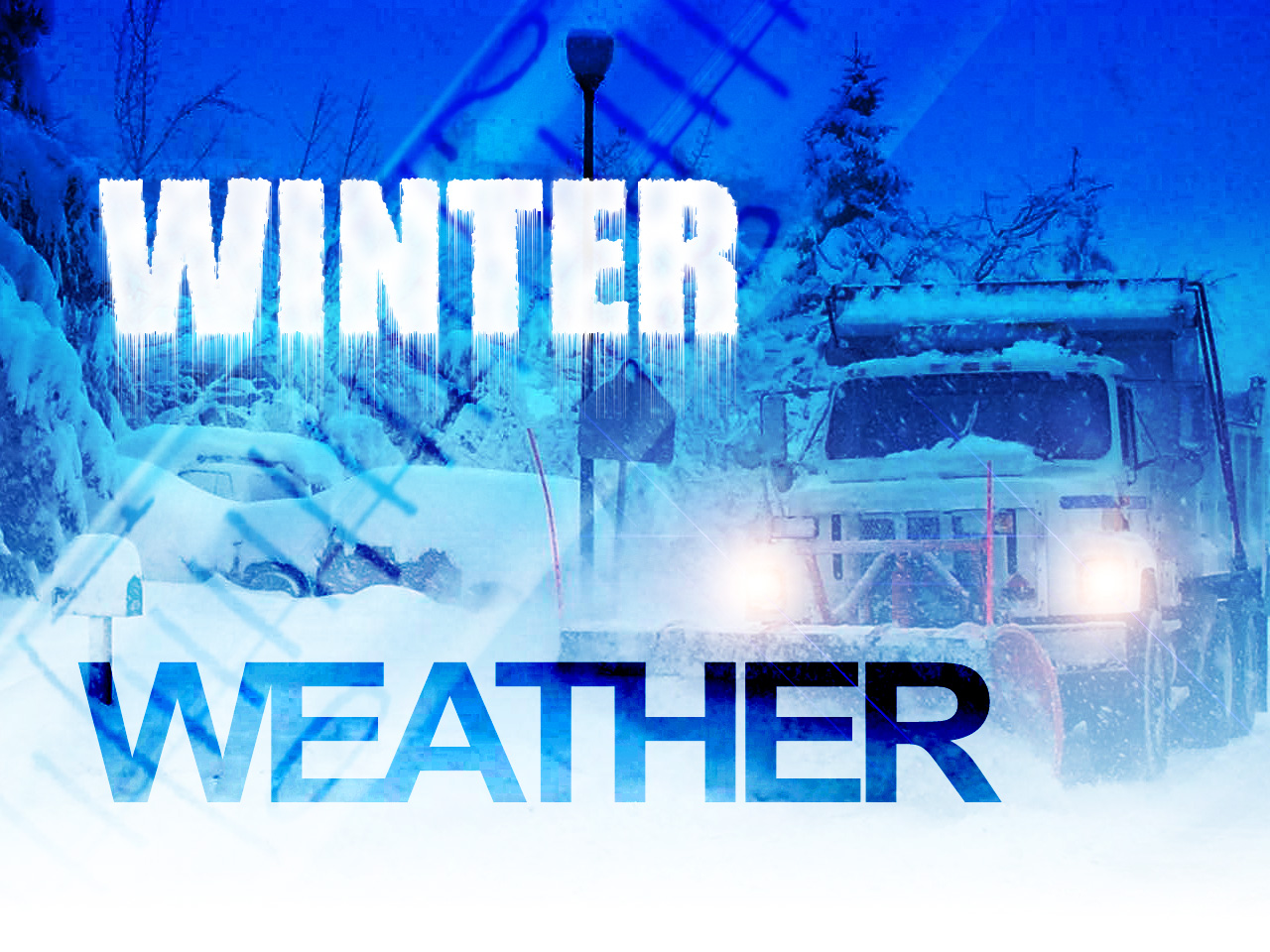During Winter Storms and Extreme Cold:
Please remember to check on the elderly, those with medical conditions, and those with special needs during periods of extreme cold weather.
When At Home:
- Stay indoors in a heated room as much as possible.
- Hang blankets over windows at night, but let the sun shine in during the day. Cover cracks around doors with rugs, newspapers, towels or other such material.
- When using alternative heat from a fireplace, wood stove, space heater, etc., use safeguards and ensure proper ventilation to avoid carbon monoxide poisoning.
- If your water pipes freeze:
- Shut off water at the main source. This can minimize the damage to your home.
- Call a plumber and contact your insurance agent.
- Never try to thaw a frozen pipe with an open flame or torch.
- Always be careful of the potential for electric shock in and around standing water.
Outside:
- Avoid overexertion, such as shoveling heavy snow, pushing a car or walking in deep snow. The strain from the cold and the hard labor of snow shoveling could cause a heart attack at any age – a major cause of death in the winter. Don’t ignore chest pain or tightness in your chest.
- If you become stranded outdoors:
- Seek shelter to stay dry.
- Cover all exposed parts of the body.
- Do not eat snow as it will lower your body temperature. Melt it first.
- Watch for signs of frostbite and hypothermia.
- Frostbite is a severe reaction to cold exposure of the skin that can permanently damage fingers, toes, the nose and ear lobes. Symptoms are numbness and a white or pale appearance to the skin. When symptoms are apparent, seek medical help immediately. If medical help is not immediately available, slowly warm the affected areas.
- Hypothermia, or low body temperature, is a condition brought on when the body temperature drops to less than 95 degrees F, which can be life-threatening!
- Symptoms include:
- Slow or slurred speech
- Incoherence
- Memory loss
- Disorientation
- Uncontrollable shivering
- Drowsiness
- Repeated stumbling
- Apparent exhaustion.
- If these symptoms are detected, take the person’s temperature. If below 95 degrees F, immediately seek medical attention. If medical help is not available, begin warming the person slowly. Always warm the body core first. Do NOT warm the arms and legs first – this can force the cold blood toward the heart and can lead to heart failure. Get the person into dry clothing and wrap them in a warm blanket covering the head and neck. Do not give the victim alcohol, drugs, coffee or any hot beverage. Warm broth is better.
Source Credit: Joliet Police Department



